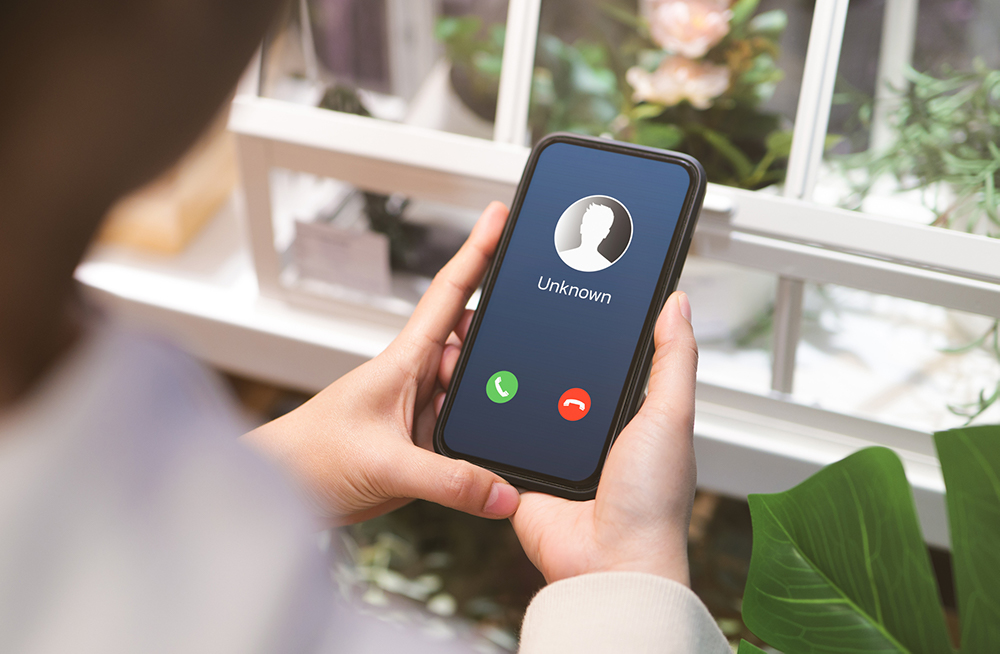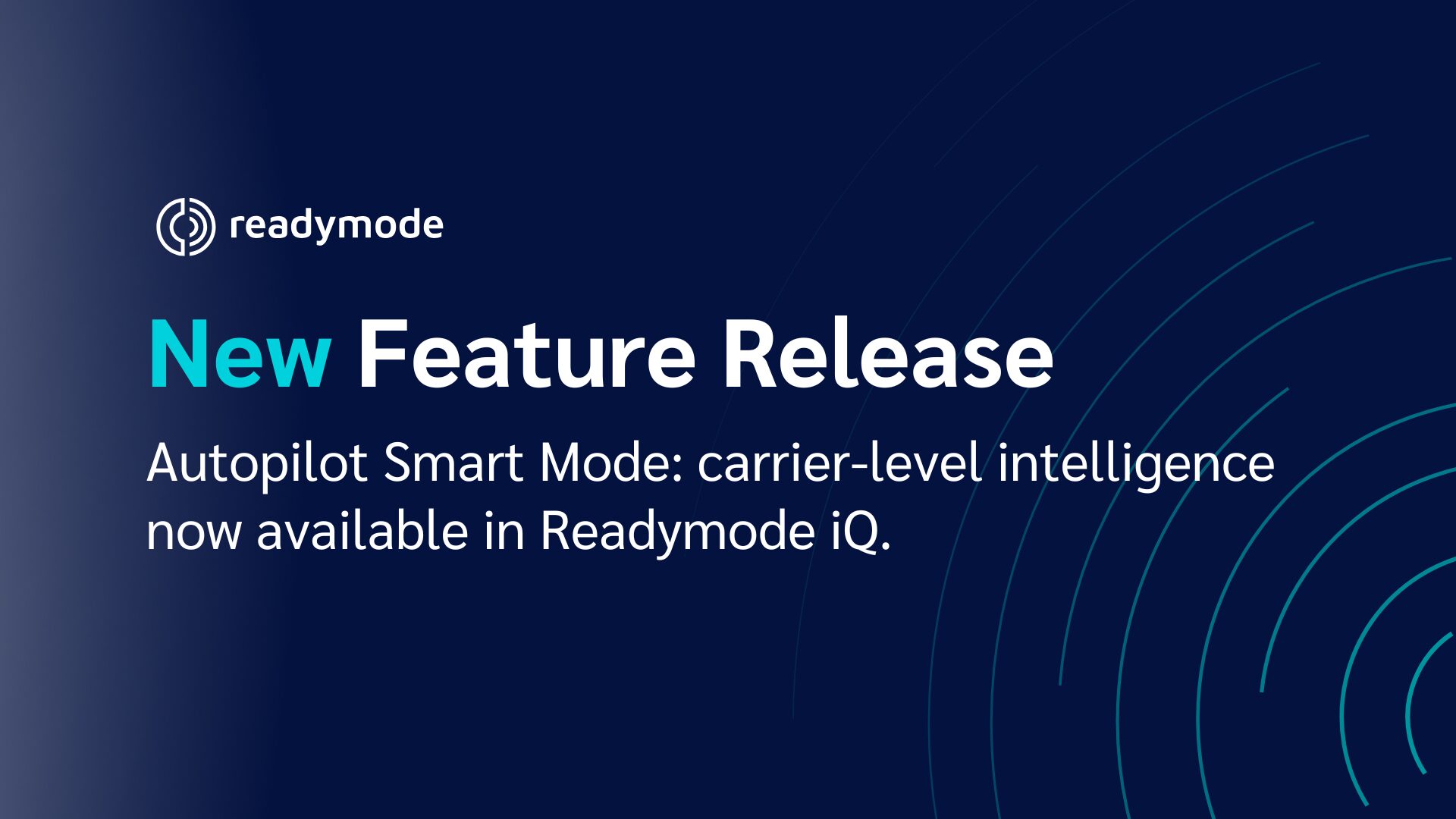In July 2024, we posted an article addressing the Federal Communications Commission’s (FCC) new one-to-one consent rule. That rule was set to become effective on January 27, 2025. But on January 24, 2025, the Eleventh Circuit Court of Appeals vacated (aka nullified) it. This article addresses what the FCC’s one-to-one consent rule was, and where things stand now that it is dead.
Background
As we’ve covered in another blog, the TCPA covers a variety of calling practices. The TCPA is not just one thing; it has nuanced rules for each section. One section covers faxes (still popular in the healthcare and B2B circles). Another section covers sales calls (so-called “telephone solicitations”) to residential phone numbers registered on the National Do Not Call Registry. The FCC’s one-to-one consent rule did not apply to those subsections of the TCPA.
The TCPA section that rule was supposed to apply to—Section 227(b)—addresses how one can use certain regulated technologies, namely autodialers and prerecorded and artificial voice, to make calls to specific types of phone lines, most notably cell phones. (If you haven’t read our blog on the autodialer rule specifically, you can find it here.)
To make those calls, the TCPA requires “prior express consent.” Congress did not define “prior express consent.” And for the first 20+ years after the TCPA was enacted, neither did the FCC. The FCC and the courts ruled that if you gave your phone number to a given company, they had consent to call you on it, even with the types of technologies regulated by Section 227(b) (i.e., autodialed and prerecorded/artificial voice to cell phones and certain other types of phone lines).
But in 2013, the FCC decided that Americans were getting too many autodialed and prerecorded/artificial voice telemarketing calls on their cell phones from companies to which they had given their number. So it created a new “prior express written consent” rule that went into effect in 2015.
Under that rule, which is still in place today, you can make these types of covered calls as long as the consumer gives clear and conspicuous written consent to receive these types of calls at the phone number they provided. (There are a couple of other requirements, such as having the consumer acknowledge that they don’t have to give their consent to get those types of calls or texts just to buy something from the party they’re giving the consent to.)
What Was the FCC’s One-to-One Consent Rule?
The FCC, through its one-to-one consent rule, sought to significantly change the specific form of consumer consent callers needed to make autodialed, prerecorded, or artificial voice telemarketing or advertising calls to cell phones, and other types of phone lines, covered in Section 227(b) of the Telephone Consumer Protection Act (TCPA).
The FCC intended that, beginning on January 27, 2025, callers making those specific types of calls had to be sure that the consumer consent they had complied with the FCC’s new heightened written consent requirements.
The one-to-one consent rule was meant to close what the FCC called the “lead generator loophole,” under which online marketers and other comparison shopping sites would secure a consumer’s consent for multiple parties to call him or her with these regulated technologies.
That existing practice secured the called parties’ “prior express written consent” under the FCC’s consent rule that took effect back in 2015. Unsatisfied with its own rule, the FCC sought to further restrict the contractual terms under which one could secure a consumer’s consent to receive telemarketing calls or texts through an autodialer or with prerecorded or artificial voice technology.
New Restrictions
To close its “loophole,” the FCC added two new restrictions to the existing written consent rule that restricted who could get consent (just one seller) and what they could use that consent for (just calls/texts that were “logically and topically related” to what the consent was about).
As you’ll see below, the FCC added the bolded text so that acceptable written consent could only authorize “one identified seller,” who could then only make covered calls and texts that were “logically and topically associated” with the website or interaction in which the consumer gave that consent:
“The term prior express written consent means an agreement, in writing, that bears the signature of the person called or texted that clearly and conspicuously authorizes no more than one identified seller to deliver or cause to be delivered to the person called or texted advertisements or telemarketing messages using an automatic telephone dialing system or an artificial or prerecorded voice. Calls and texts must be logically and topically associated with the interaction that prompted the consent and the agreement must identify the telephone number to which the signatory authorizes such advertisements or telemarketing messages to be delivered.”
What Happened to the One-to-One Consent Rule?
The FCC’s one-to-one consent rule was set to become effective on Monday, January 27, 2025. On January 24, 2025, just one business day prior, the Eleventh Circuit, in Insurance Marketing Coalition Limited v. FCC, issued a ruling vacating the one-to-one consent rule. The Eleventh Circuit found the rule exceeded the FCC’s statutory authority under the TCPA. You can read more about that ruling here.
What Does Vacating the One-to-One Consent Rule Mean for Your Business Now?
With the FCC’s one-to-one consent rule invalidated, it means business as usual. The rules concerning prior express written consent that were effective before January 27, 2025 remain in effect now. In other words, nothing has changed about what you have to do. If your policies and procedures concerning autodialed and/or prerecorded/artificial voice calls were legal under the TCPA on Friday, January 24, 2025, they remain legal today.
What Does Vacating the One-to-One Consent Rule Mean Going Forward?
The FCC has the option to petition the U.S. Supreme Court to review the Eleventh Circuit’s decision, but that seems unlikely. With Republicans controlling the House, Senate, and Presidency, it is more likely the next move concerning restrictions on autodialed and prerecorded calls may come from the Hill; Congress can, of course, give the FCC greater regulatory authority.
If there is significant movement in either the House or the Senate concerning FCC regulatory authority, we’ll be sure to cover it here.
This article is only offered for informational purposes; it is not legal advice. Please consult a qualified attorney for your specific compliance needs.
Joe Bowser
Joe Bowser is a partner at Roth Jackson. He has been practicing communications and marketing law for two decades. He advises and defends calling and SMS platform providers (like Readymode), carriers/VoIP providers, and heavy users of those services in their wide range of compliance needs. In his spare time, you can find him taking his boys to their sports, getting in a workout of his own, or catching an Arsenal match.






